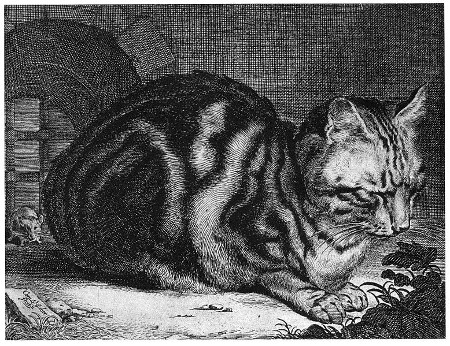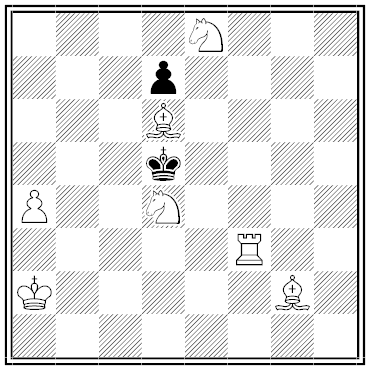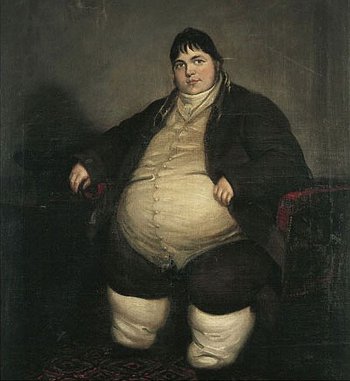
On visiting the Gold Pavilion Temple in Kyoto, Douglas Adams was impressed at how well the 14th-century structure had weathered the passage of time. His Japanese guide told him that it hadn’t weathered well at all; in fact it had burned to the ground twice in the 20th century.
“So this isn’t the original building?” Adams asked.
“But yes, of course it is.”
“But it’s been burned down?”
“Yes.”
“Twice.”
“Many times.”
“And rebuilt.”
“Of course. It is an important and historic building.”
“With completely new materials.”
“But of course. It was burned down.”
“So how can it be the same building?”
“It is always the same building.”
“I had to admit to myself that this was in fact a perfectly rational point of view, it merely started from an unexpected premise,” Adams wrote. The essence of a building is its design, the intention of the builder. The materials may decay and be replaced, but these are only instantiations of a persistent idea. “I couldn’t feel entirely comfortable with this view, because it fought against my basic Western assumptions,” Adams wrote, “but I did see the point.”
From Last Chance to See. John Locke asked: If I keep patching holes in my sock until none of the original material remains, is it the same sock?








